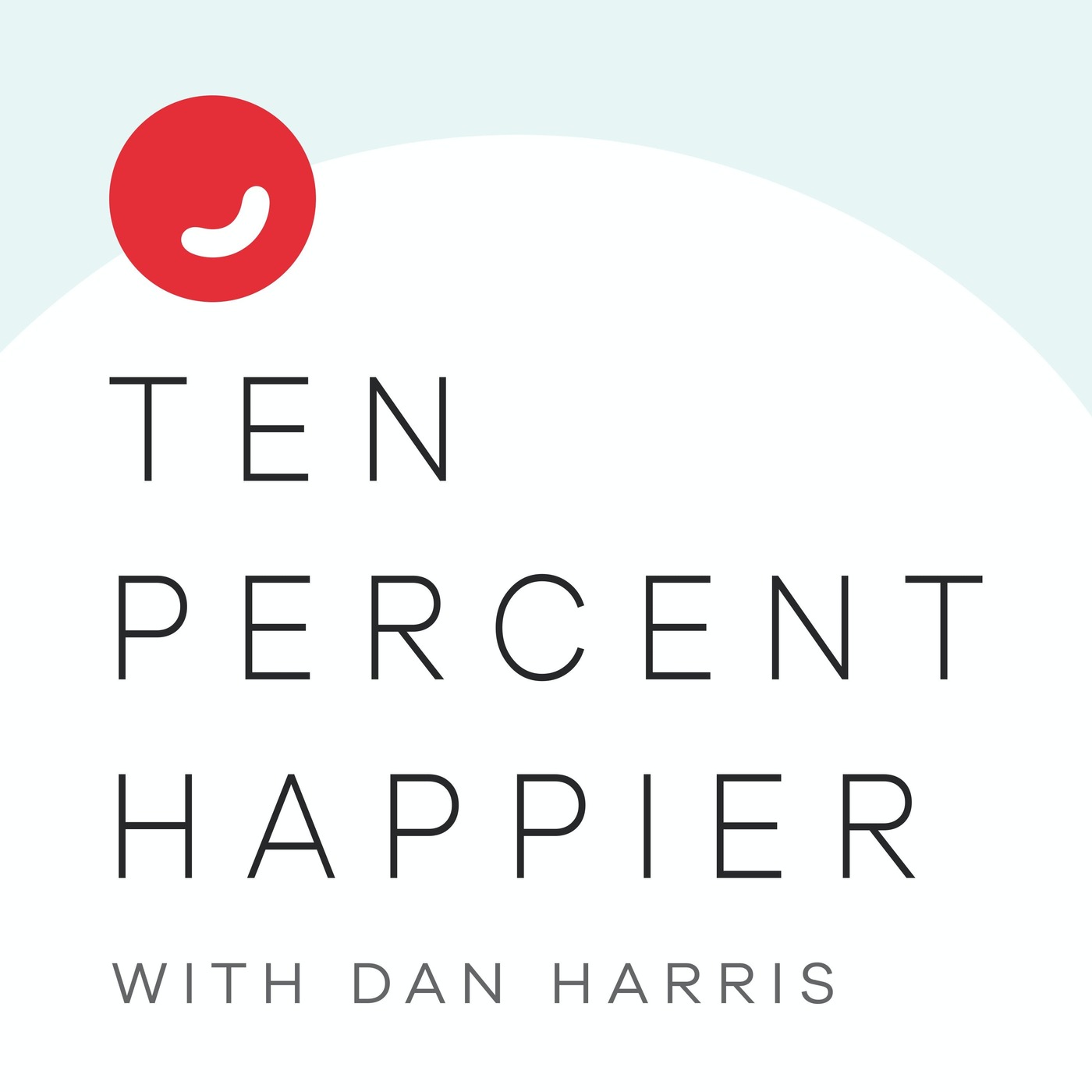422. Beyond the Anecdote: Keto and Carnivore Saves | Dr. Chris Palmer

Dr. Jordan B. Peterson speaks with author, researcher, and psychiatrist Chris Palmer. They discuss how metabolic and mental disorders might be linked, depression's purpose as a biological corrective measure, how metabolism might directly tie to mental disorders, the use of fasting for medical and spiritual breakthroughs, and the research showing we have vastly undervalued the mitochondria when it comes to mental wellness.
Chris Palmer, MD is a medical doctor and psychiatric researcher working in the areas of addiction and sleep. He is also the author of 2022’s “Brain Energy,” in which he argues that mental disorders are metabolic disorders of the brain.
- Links -
2024 tour details can be found here https://jordanbpeterson.com/events
Peterson Academy https://petersonacademy.com/
For Dr. Chris Palmer
Brain Energy: A Revolutionary Breakthrough in Understanding Mental Health--and Improving Treatment for Anxiety, Depression, OCD, PTSD, and More (Book) https://www.amazon.com/Brain-Energy-Revolutionary-Understanding-Health/dp/1637741588/ref=asc_df_1637741588/?tag=hyprod-20&linkCode=df0&hvadid=680422841264&hvpos=&hvnetw=g&hvrand=2059281934683270123&hvpone=&hvptwo=&hvqmt=&hvdev=c&hvdvcmdl=&hvlocint=&hvlocphy=9013190&hvtargid=pla-1665213950074&psc=1&mcid=e623ac2681463a208fc7ee1a7cb17d1a





